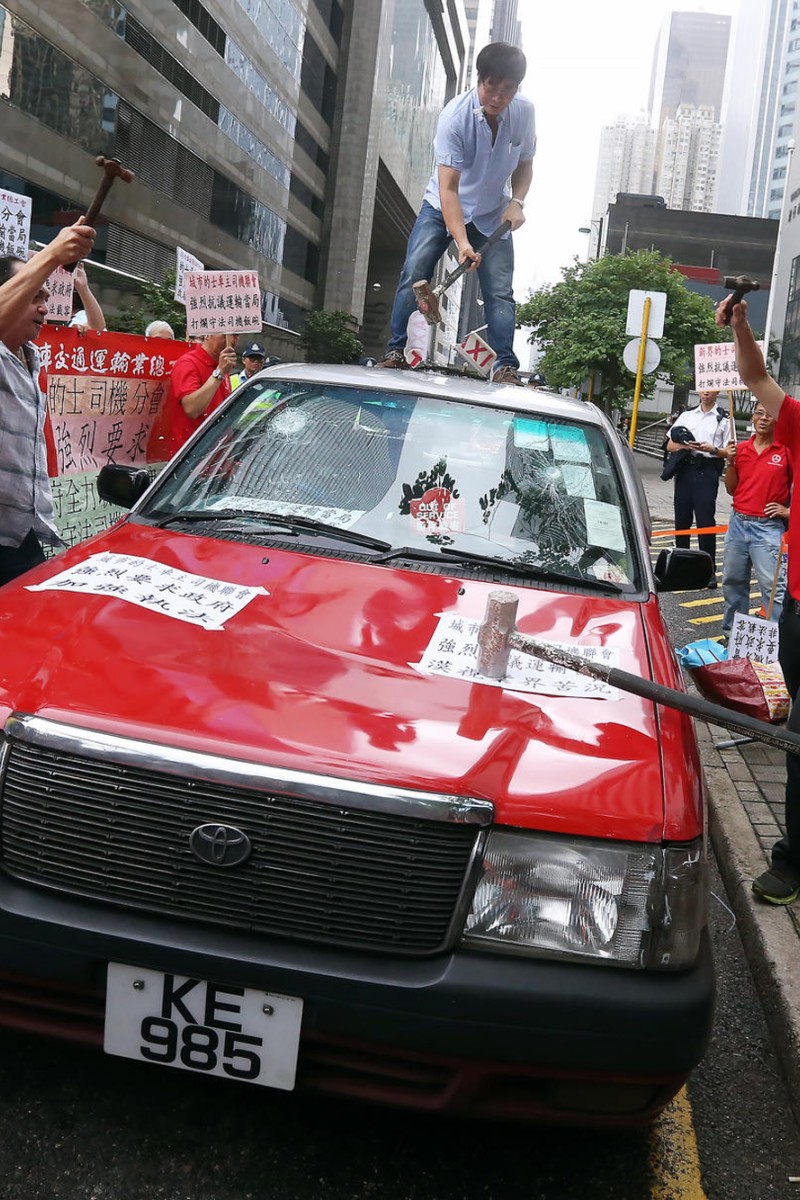Listen to this article
Taxi drivers have been calling on the government to ban services like Uber and other car-hailing apps. But are these apps so successful because the services provided by regular taxis aren't good enough?
By Ben Pang
|
Published:
Sign up for the YP Teachers Newsletter
Get updates for teachers sent directly to your inbox
By registering, you agree to our T&C and Privacy Policy
Sign up for YP Weekly
Get updates sent directly to your inbox
By registering, you agree to our T&C and Privacy Policy
